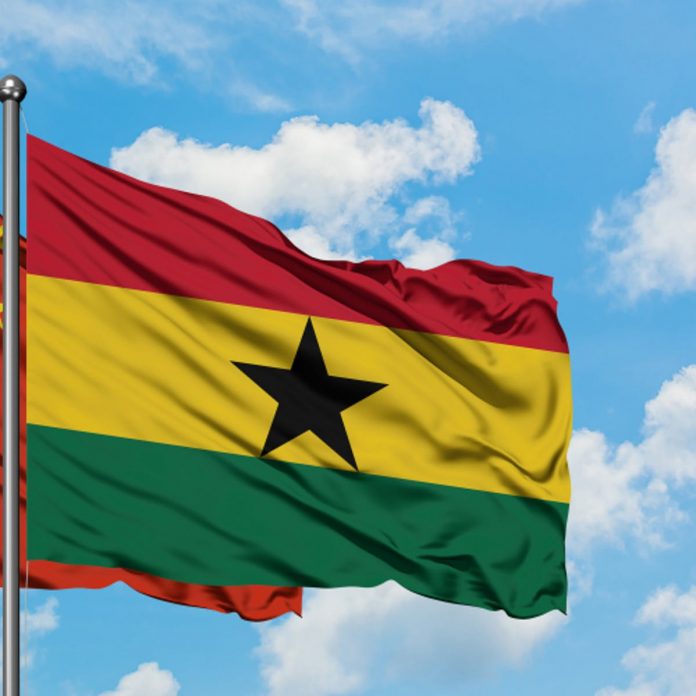By Gabriel Botchwey & Gordon Crawford
Small-scale gold mining in what is modern-day Ghana can be traced as far back as the 15th century. It continues to be an important means of livelihood for many relatively low-income Ghanaians and is highly significant for the economy as a whole. In fact, its economic importance has increased dramatically in recent years.
Under Ghanaian law mining is “reserved for Ghanaians”. Despite this, over the last decade, there’s been a notable development – the arrival of large numbers of foreign miners, particularly from China.
In 2006 small numbers of Chinese and other foreign miners came to Ghana to engage in gold mining. Then a hike in gold prices from 2008 onwards led to a veritable gold rush and the arrival of significant numbers of foreign miners. Most were working on an illicit and illegal basis. Foreign miners came from countries in West Africa, as well as Armenia and Russia. But the largest concentration was from China.
By 2013, the scale of Chinese citizens’ involvement in informal gold mining in Ghana was inviting increasingly hostile media coverage as well as outbreaks of violence. The government was finally forced to act. Then-President John Mahama established an inter-ministerial task force to combat illegal small scale mining. The President was careful to include both by Ghanaians and non-Ghanaians. But the subtext was clear – this measure was primarily aimed at foreign miners.
By mid-2013 significant numbers of foreign nationals, the majority of whom were Chinese, had been arrested or deported. Many more left voluntarily. As a result, the visible presence of foreign miners in small scale gold mining declined. But, as research we’ve been involved in over the past 15 years shows, there have been enduring legacies of this short, intensive period of foreign involvement.



